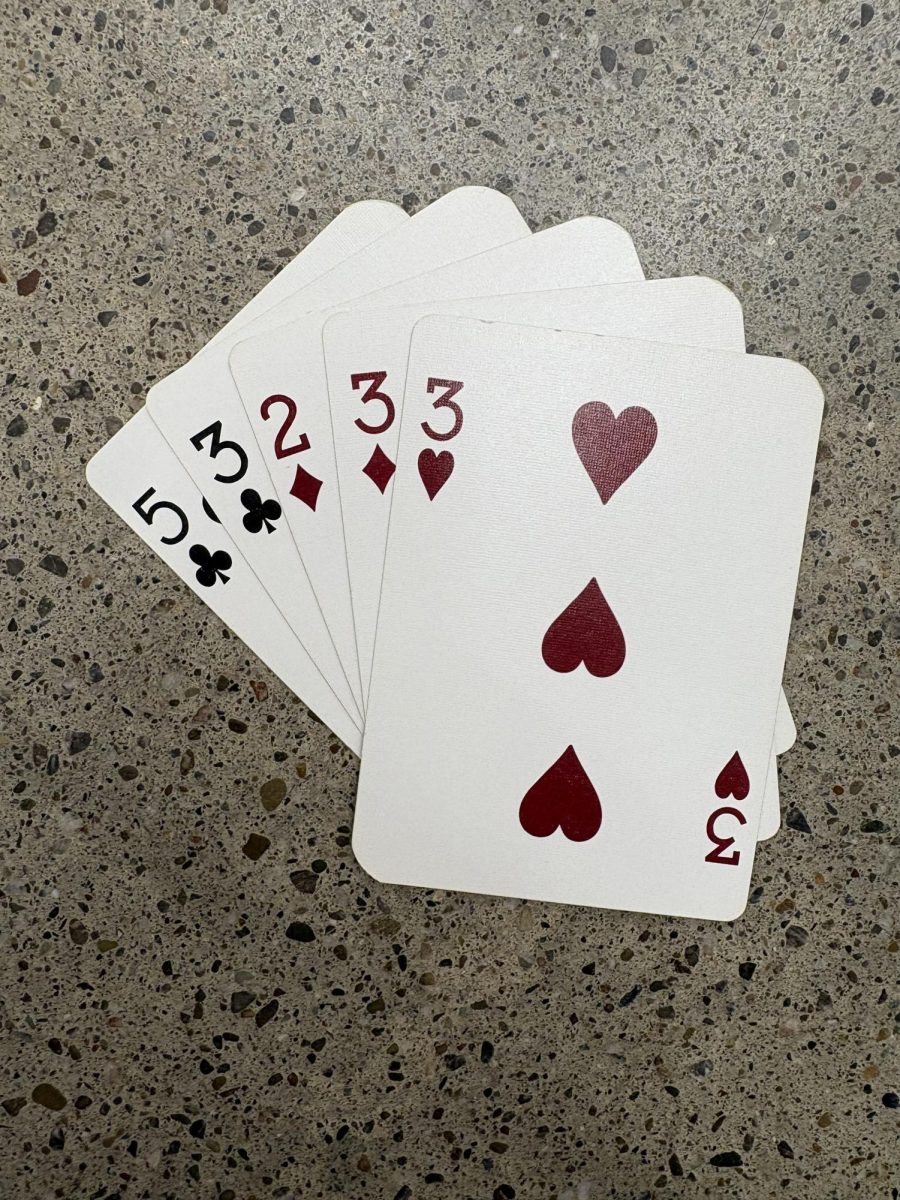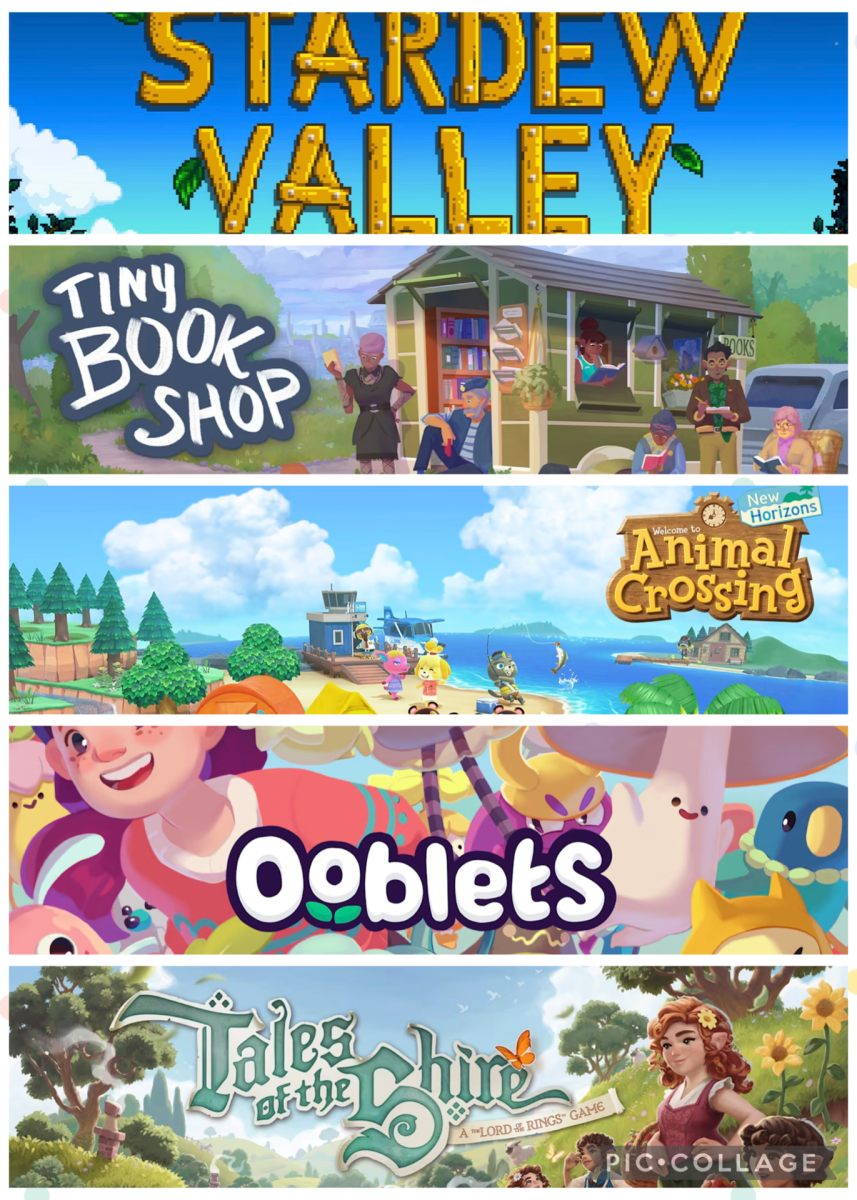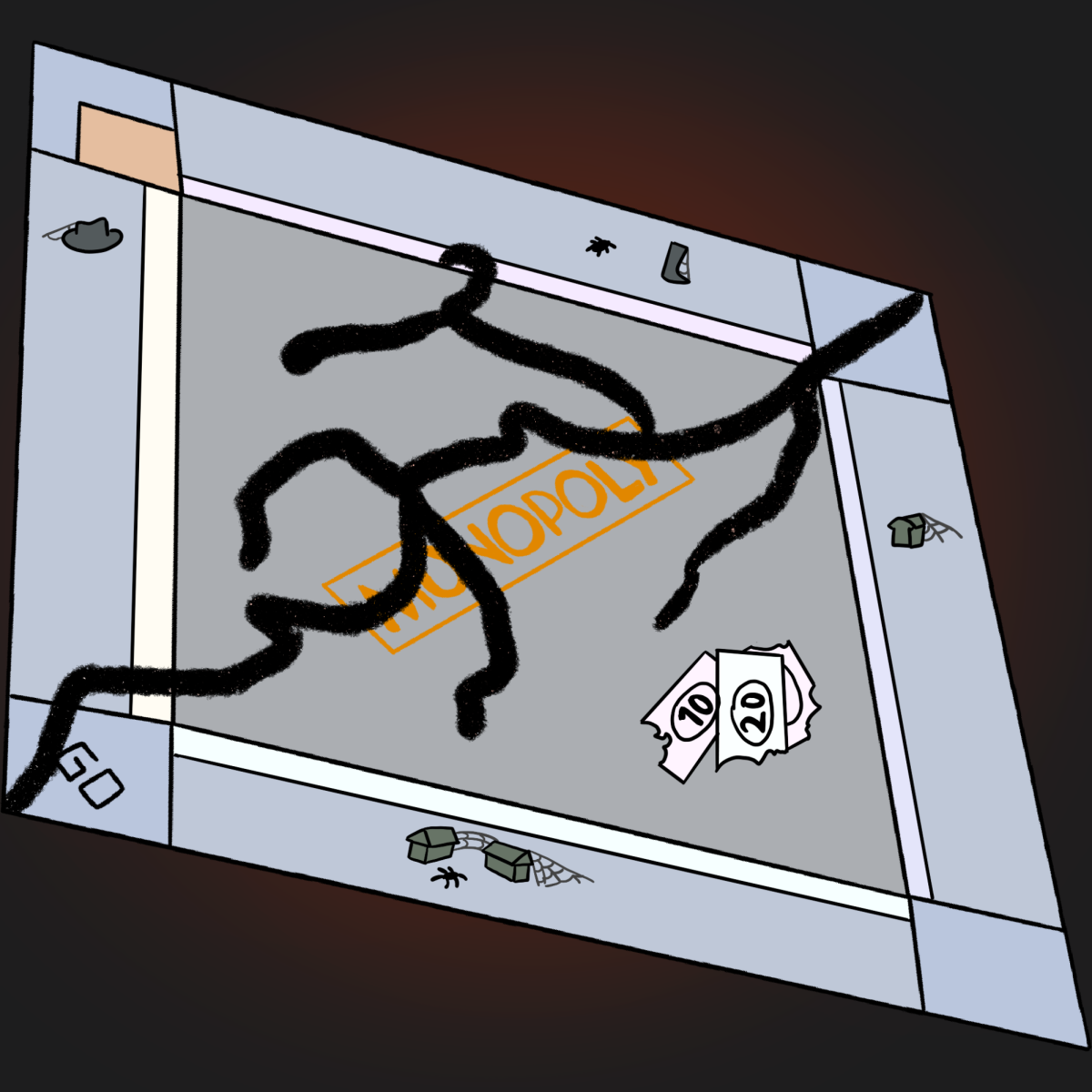In recent years, poker has become an increasingly popular pastime for high school students. While some may view poker merely as a game of chance, for many teens, it offers much more. Along with allowing them to have fun and sharpen their strategic thinking skills, it’s a game that challenges them to think critically, stay emotionally balanced, and manage risk while fostering meaningful friendships.
Two high school students, Sean Chang and Miles Cho, provided insight into why they play poker, what they’ve learned from the game, and how it has influenced their lives. For Chang, poker’s roots were planted early in life when his parents introduced him to card games.
“My parents wanted to teach me some card games, and one of them was poker. I had always seen it in movies,” Chang recalled.
Sparked by its film presence, his curiosity about the game led him to try his hand at it with his family. Chang has continued to play casually with friends, emphasizing that it’s all about recreation because money isn’t involved. “We just play for fun,” he said.
Similarly, Cho was introduced to poker by his father in 2020. “My dad taught me how to play during quarantine,” Miles explained.
This father-son bonding moment ignited his interest, leading to poker games with friends and occasional casual buy-ins.
“I play poker with my friends every once in a while and usually just do a casual $20 buy-in,” Miles shared.
For students, one of the biggest draws of poker is learning to navigate the delicate balance between skill and luck. While luck plays a role in the cards they’re dealt, success in poker requires much more than good fortune. In Chang’s case, developing the skills necessary to succeed has been a key element.
“Having a poker face, where it’s really hard to tell what you’re thinking, is important. Another thing that’s useful is probability,” he said. “That’s how you keep winning. You just know what’s good and what’s bad, when to fold and when to bet or call.”
Cho echoed similar sentiments about the importance of skill.
“Knowing probability and how to bluff are two essential skills to succeed at poker,” shared Cho. Understanding probability allows players to make informed decisions about whether to bet, fold, or raise, while bluffing gives them the ability to deceive opponents and control the flow of the game.
For both Chang and Cho, poker is ultimately a game of skill, even though chance plays a part. Cho believes poker requires both.
“I think it is both skill and chance, because you need to utilize your knowledge of probability to trick your opponents and take advantage of your chances,” he said.
A crucial aspect of playing poker is managing losses, which can be especially tough when you’re on a bad streak. At the beginning of his poker journey, Chang admits that losing was a frustrating experience.
“In the beginning, I lowkey got kinda mad, because I got into the mindset of ‘that’s bulls**t, how did you have a better hand than me?’” he explained. “But later on, I just learned that you can always start [off] bad, but win later on.”
Cho also acknowledged that he faces challenges in maintaining his composure after a loss. “I often feel upset knowing I could have won if I did something else,” he said. “But I get by it quickly, and focus on the next round.” For both students, it’s important to be resilient in poker, learning not to dwell on mistakes and to move forward to the next hand with a fresh and optimistic mindset. These experiences provide valuable life lessons: how to handle disappointment, learn from mistakes, and maintain a positive attitude when things aren’t going their way.
For high school students, playing poker is a learning experience even beyond the cards. While some may raise concerns about how recreational gambling has the potential to encourage bad habits, Chang believes that poker can be a valuable lesson in the dangers of harmful risk-taking.
“Poker can teach you to not gamble,” he said. “It teaches you that it’s not good to gamble, but take calculated risks. When you start playing bad and gamble it all away on one hand, that’s a lesson learned to not take bad risks.”
Cho sees poker as a way to maximize opportunities. “Poker can teach you how to maximize your outcome with the hands you’re dealt, and teach you when and how to take risks,” he explained. Poker also teaches the importance of reading others—whether it’s through a poker face, or understanding when an opponent is bluffing. “It can also teach you good facial control, as well as how to plan,” Chang said. These skills translate beyond poker, influencing how players approach future relationships and negotiations.
It isn’t solely a competitive game either, as it can also be a powerful way to bond with others. For Cho, poker provides a space for his friendships to strengthen and grow “Yes, it can help you connect with others in a competitive and friendly way. It can be fun experiencing unexpected moments with others,” he said.
Chang also agrees that poker can build connections, but emphasizes that it’s important to keep things light, and avoid getting too caught up in the financial aspect.
“If you’re putting too much money at stake, then it can create some animosity,” Chang warned. “But if you’re not gambling a lot of money, then it can be pretty fun.”
For high school students like Chang and Cho, poker’s influence extends beyond being a fun card game. It’s a valuable exercise in strategy, emotional control, and decision-making. The skills learned at the poker table—probability, bluffing, risk management, and composure—extend well beyond the game, aiding them in their everyday lives.







